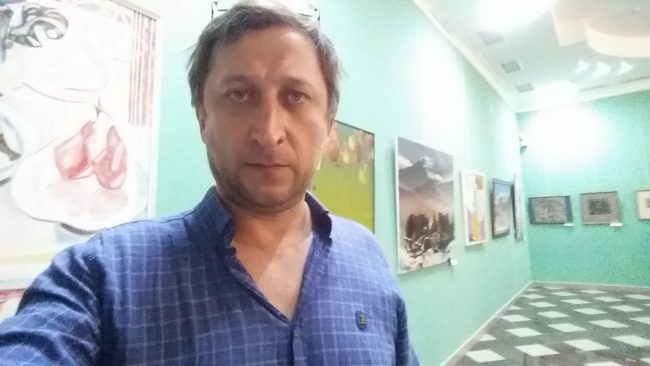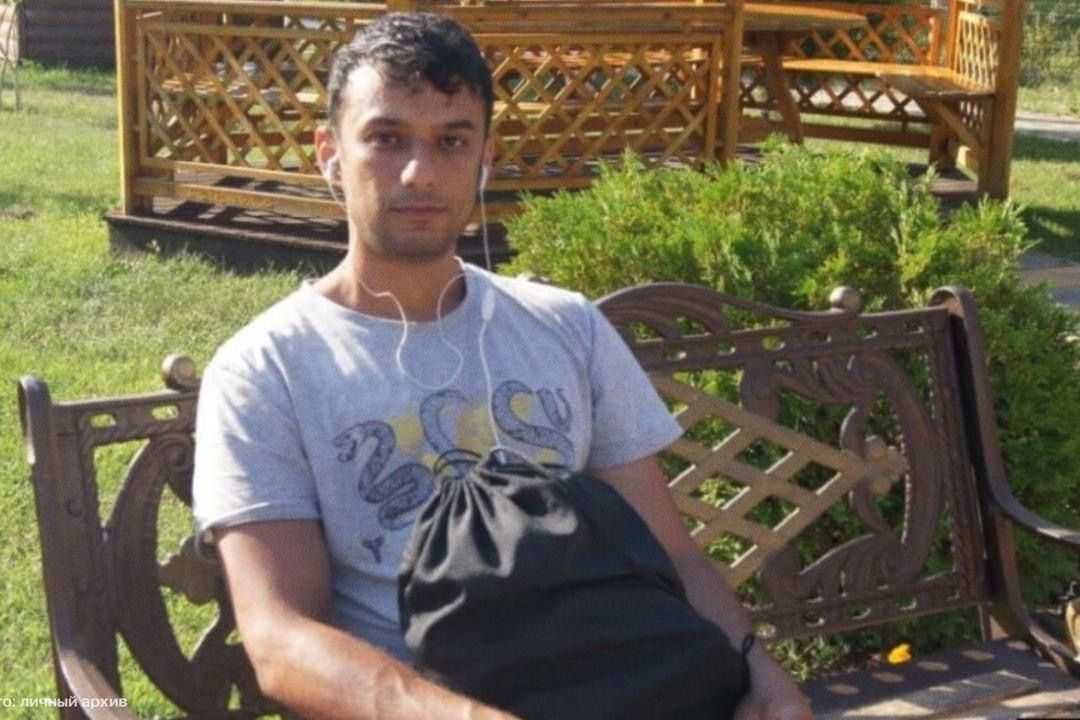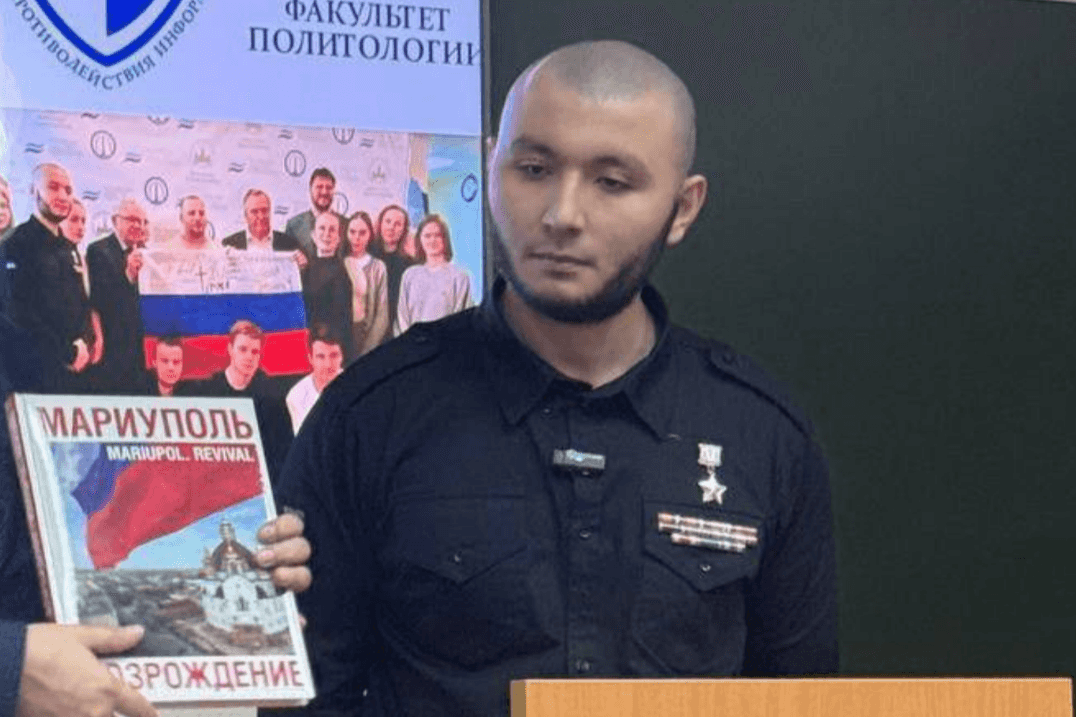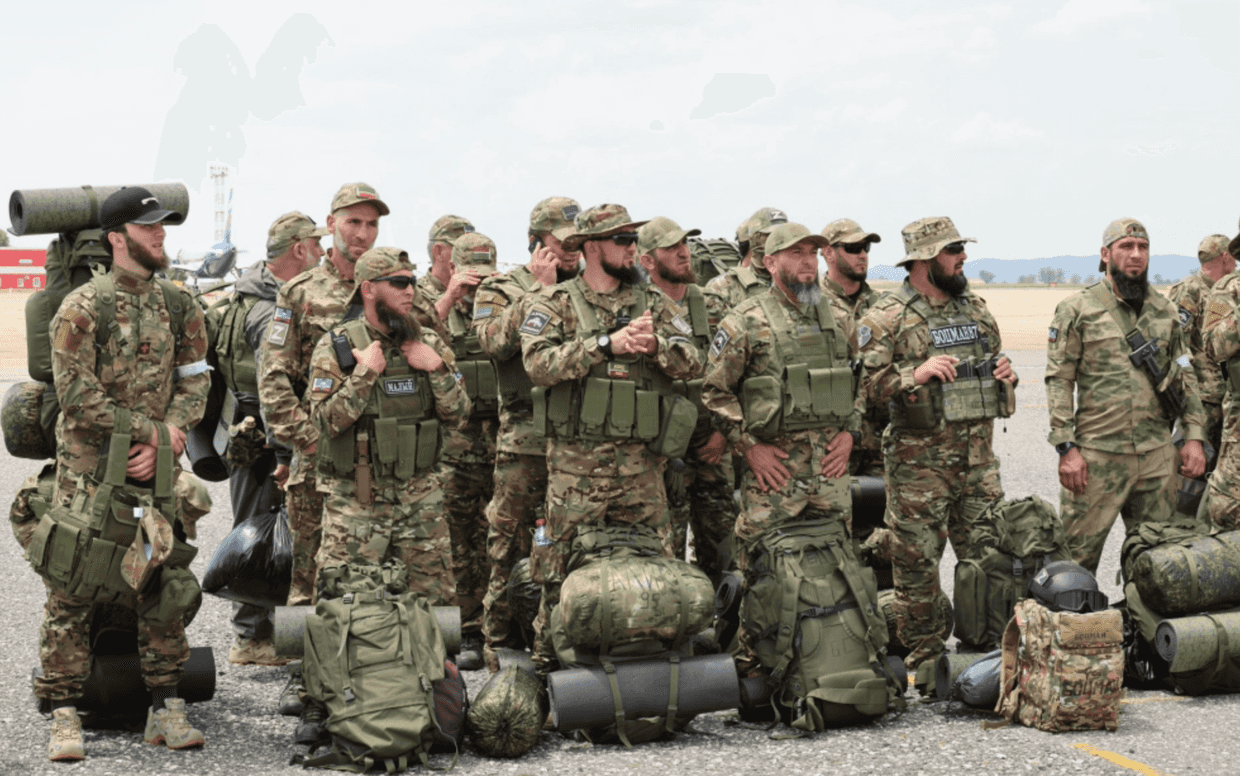

A journalist from RFE/RL’s Chechen-language service, Radio Marsho, was denied entry to Georgia on Thursday. Aslanbek Dadayev wrote on his Facebook page that Georgian border guards had decided his ‘stay in the country would be dangerous’.
‘Being journalist of Radio Liberty didn’t help’, he wrote.
Dadayev told OC Media that he made two prior attempts to enter Georgia — two weeks ago and on 7 November — and was turned away from the Dariali border checkpoint on the Vladikavkaz–Tbilisi highway again on Thursday.
‘The last time, [the border police] gave me an official document of refusal’.
The notice said that he ‘did not satisfy Georgian regulations’, without specifying details.
The Interior Ministry told Georgian news site On.ge they had denied Dadayev entry based on Article 11.1/i of the Georgian Law on the Legal Status of Aliens and Stateless Persons.
The article has a vague provision for denying entry based on ‘other cases considered by Georgian law’, indicating that the authorities found no problem with his documents and did not consider him a threat, as prescribed in other parts of Article 11.
The Interior Ministry did not immediately respond to OC Media’s request for comment.
Work in Pankisi and on Machalikashvili
Dadayev had recently lived in Georgia, temporarily renting a flat in Tbilisi.
‘All my belongings are there now’, he told OC Media.
He said he had visited Pankisi Valley in September for two days with Polish colleagues, preparing a report about local hostels, about a women’s choir singing religious chants, and about Chechen language teaching in Pankisi schools.
Speaking to OC Media, Dadayev claimed that a ‘white pickup with special service officers’ followed them throughout their trip to Pankisi.
He said that while in Pankisi, he also intended to write a story about a female Kist police officer. ‘This would have showed that Kists are integrated into normal life in Georgia. But the [police] press service refused to cooperate’, Dadayev said.
Kists are a subgroup of ethnic Chechens; most of them — about 6,000 people — live in Pankisi Valley in the east of the country.
After working in Pankisi, Dadayev said he returned to Tbilisi, where he interviewed Malkhaz Machalikashvili and introduced Polish journalists to him for a separate interview.
Machalikashvili is the father of 19-year-old Kist Temirlan Machalikashvili, who was shot to death in his house in Pankisi on 26 December 2017 by Georgian security forces conducting a counterterror sweep.
The family insisted he had no connection to terrorism and accused the Georgian State Security Service of shooting him while he slept.
Since then, Malkhaz Machalikashvili has been one of the leaders of the ‘Fathers for Truth’ anti-government protests on Tbilisi’s central Rustaveli avenue.
Dadayev said he also encountered problems entering Georgia last December.
‘A lot of people were denied entry then, it was connected with some special operation in Tbilisi’. He managed to enter Georgia after a day of waiting.
[Read more about last year’s counter-terror sweeps in Georgia on OC Media: ‘Leaked evidence’ links Pankisi’s Temirlan Machalikashvili to terror groups]
He said he was ‘sure’ the authorities’ refusal to let him into Georgia was connected to his professional work — ‘both with a trip to Pankisi and Machalikashvili’.
His report about Machalikashvili’s protest in Tbilisi was published on Radio Marsho on 15 September.
Dadayev said that 10 days ago, RFE/RL sent letters about his case to the Georgian foreign and interior ministries, but they had not so far responded.
‘I am going to sue and appeal’, Dadayev told OC Media.
North Caucasians not welcome
There have been frequent reports of Chechens being denied entry to Georgia on unspecified grounds.
Ruslan (not his real name), a Chechen who currently resides outside Georgia, told OC Media that he experienced similar treatment three times throughout 2014–2017 from the Georgian authorities. He was deported from Georgia twice and also denied entry on one occasion.
In one instance, ‘under pressure from the Georgian Public Defender and media’, the authorities replied to requests to provide the reason behind refusing entry, ‘but the reason they provided was a lie’, Ruslan said.
On another occasions, border police said they were acting on information from the Russian authorities.
Tumso Abdurakhmanov, a prominent Chechen blogger who fled Chechnya in 2015, was denied request for asylum in Georgia in November 2016. In July 2017, Tbilisi City Court upheld the decision of the Ministry of Refugees. According to the court’s ruling, due to ‘significant circumstances [granting asylum] contradicts the interests of the country’.









